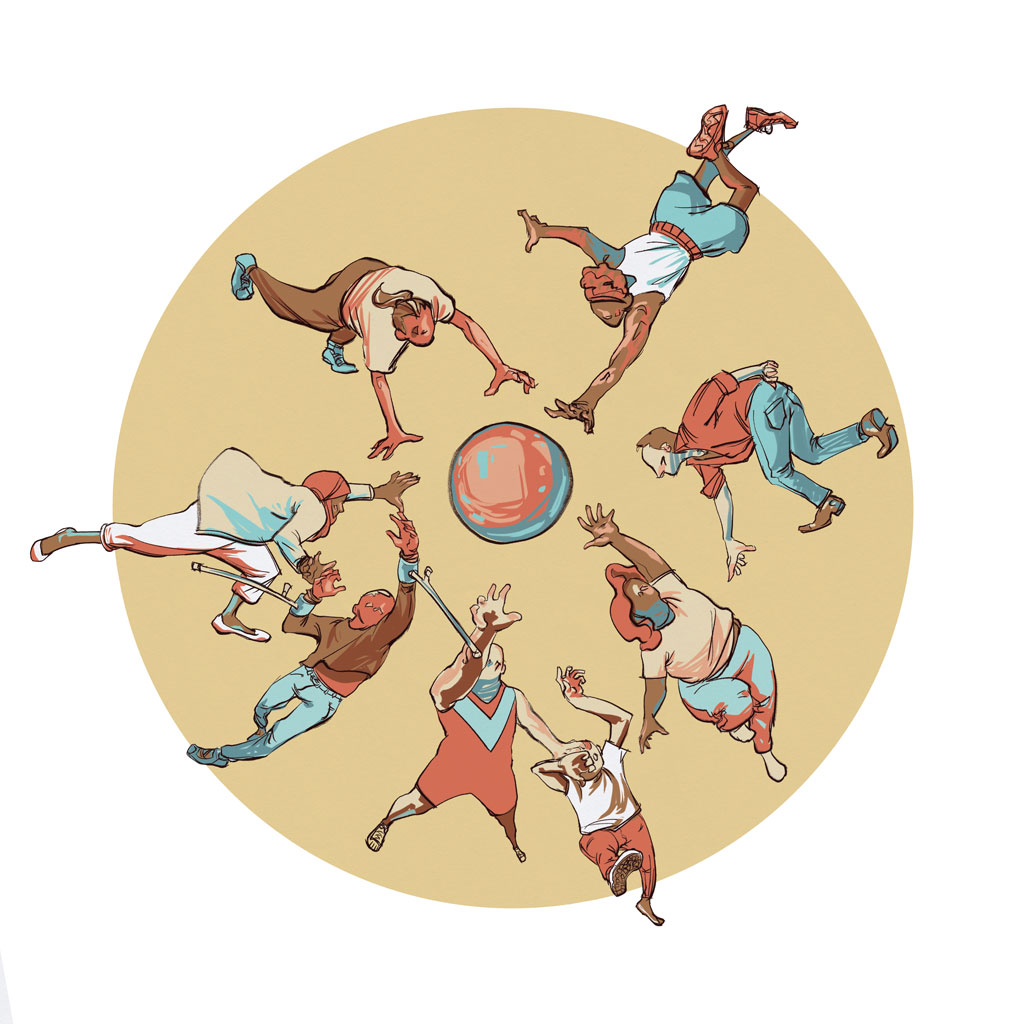Last week Stephen Poloz, governor of the Bank of Canada, said to a House of Commons committee that out-of-work students should work for free to bolster their CVs. His remarks have since been condemned in the media, and for good reason.
Calling on unemployed young people to work for free is an abysmal response to what is a growing trend in Canada. It devalues who we are, what we contribute to the economy, and the experience we have. As a group we need to oppose the idea that we are easily taken advantage of, and this starts with connecting us with our identity as labourers.
Amidst the systematic culling of labour unions and activists over the past 35+ years it seems our ability to understand our identity as labourers has been constrained. How often do we think of ourselves as selling our labour as a product to a company?
Regardless of whether you work as a researcher, business analyst, nurse, or mechanic this is what we do when we work for a wage. We sell labour. We can’t go into a store and take something off the shelf without buying it. Why then should we be expected to offer our labour for free?
I find myself wanting to say that Poloz’s statements are naive and show no understanding of how working for free hurts students, but I have a hard time believing that this is the case. Someone in his position has to understand the economics of free labour and that it stands to benefit corporate Canada far more than the students who donate their labour in the hopes the experience might get them a job later on down the road.
What we really need are mechanisms and policies that end the barriers to finding employment, mechanisms such as apprenticeships, work co-ops, paid internships, and junior positions that offer experience and training. As a recent grad I have seen very little along these lines, and it’s made it incredibly difficult to find work. The last thing I need right now is a corporation thinking they can use me as a free means of generating profit.
The cost of labour can greatly affect the profitability of a company, and high unemployment allows for lower wages to be offered to labourers. Confronting low pay by employers is enough of an obstacle in our lives: we don’t need the abhorrent expectation that we are going to work for free.
By getting students to work for free under the guise of earning experience, companies are decreasing their costs while continuing to produce profits. This is exploitation. If Poloz does not realize this—or worse, if he thinks this is good—then his leadership of the Bank of Canada needs to be seriously brought into question.
So how do we tell Stephen Poloz that calling on us to exploit ourselves is unacceptable? While he has been scrutinized and chastised by the media for his comments, we cannot let that be our only response. If there has ever been a time for a resurgence of the labour movement this is it, and it needs to be driven by young people.
If you are a student and out of work, don’t accept Poloz’s bleak advice. Instead, take time to learn about what it means to be a labourer, and develop this identity. Connect with those around you who are in the same circumstances of unemployment or underemployment, and start discussing ways to overcome it. Stephen Poloz is wrong. Students don’t need to start working for free; they need to start standing up for their rights as labourers.


